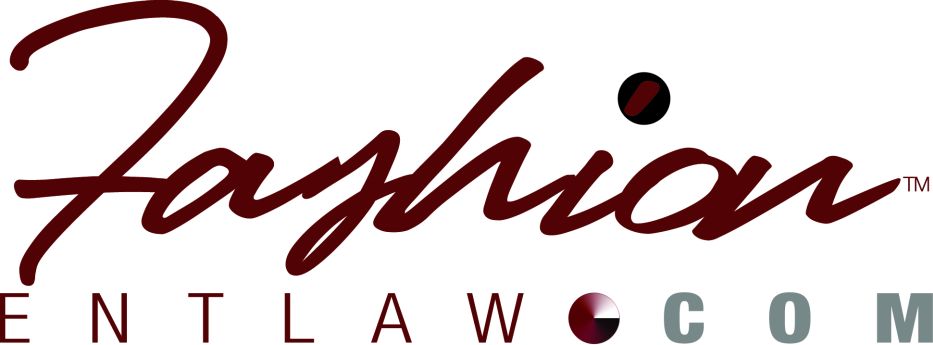 A must read for music industry professionals, especially artists.
A must read for music industry professionals, especially artists.
“Now that the U.S. Supreme Court has declined to take the case, it looks like an appeals court win for rapper Eminem is going to stand. The court in this case said that downloads, such as those from iTunes, are music “licenses,” not sales. That made a big difference to Eminem because his 1995 contract entitles him to a full 50% of license revenue, but only 12% to 20% of sales; and many other artists signed before the year 2000 are in the same boat, the NYT reports. It’s an interesting case in part because it shows that the fast-evolving law around digital downloads has caught the music industry asking for different treatment in different situations.
The legal distinction between whether digital content is a “sale” or a “license” is hard to understate. Last year, in Vernor v. Autodesk, the same appeals court that considered the Eminem case found that software sales weren’t really sales at all; they were actually a license.
The entertainment industry cheered that ruling. Digital content means that essentially everything is being turned into “software,” so the ruling makes it much more likely that copyright owners will be able to maintain control of digital content even after they sell it. That would allow them to prevent re-sale and impose other restrictions on how the content is used—restrictions that they would almost certainly not be allowed to impose on physical objects.
UMG likes the idea of “licensing” its music so much that it even tried to have a court rule that physical promo CD’s were being “licensed” rather than given away. (It lost that case in January. . .” Full Story on Paid content.org.
Photocredit: Star Pulse

FASHIONENTLAW blog, authored by Ms. Uduak, was first established in 2010. It is now incorporated, in 2021, as part of the FASHIONENTLAW LAW FIRM blog. The blog is for informational purposes only and provides legal commentary and analysis on the intersection of mainstream America pop culture and the law. It also provides updates on Ms. Uduak’s speaking engagements and press activities. For inquiries on topics covered on this site, please get in touch with our firm. If you seek legal representation for your specific legal needs, please schedule a consultation.
📞Call 916-857-9970 or
🌐Email ([email protected])
💻 Schedule a consultation directly on this site.
